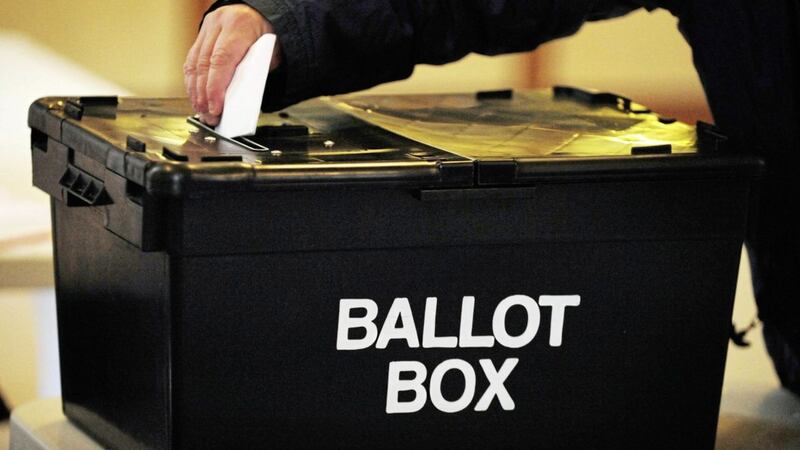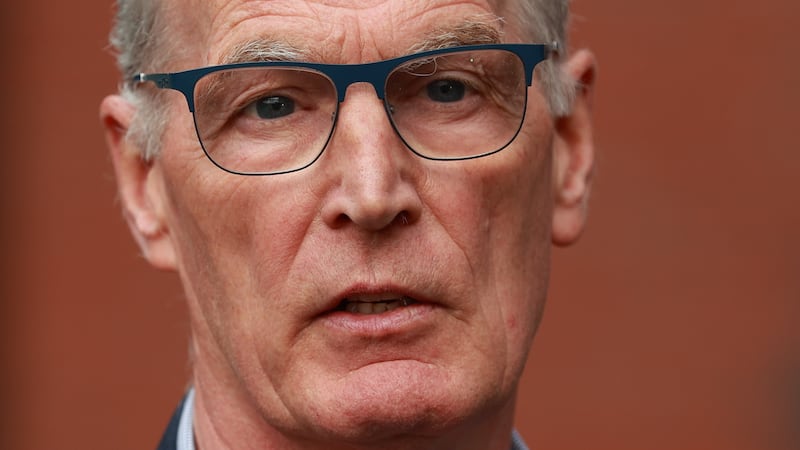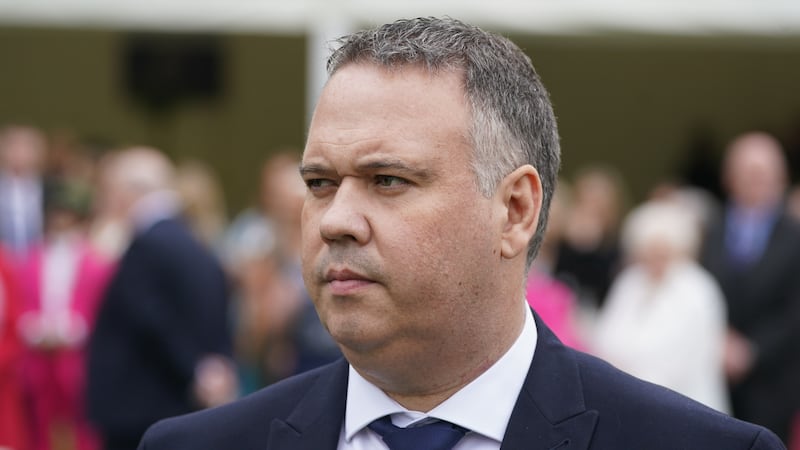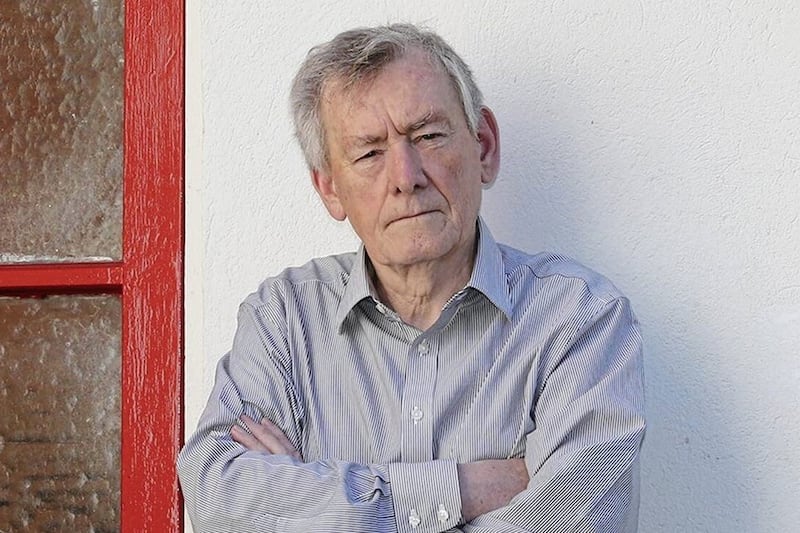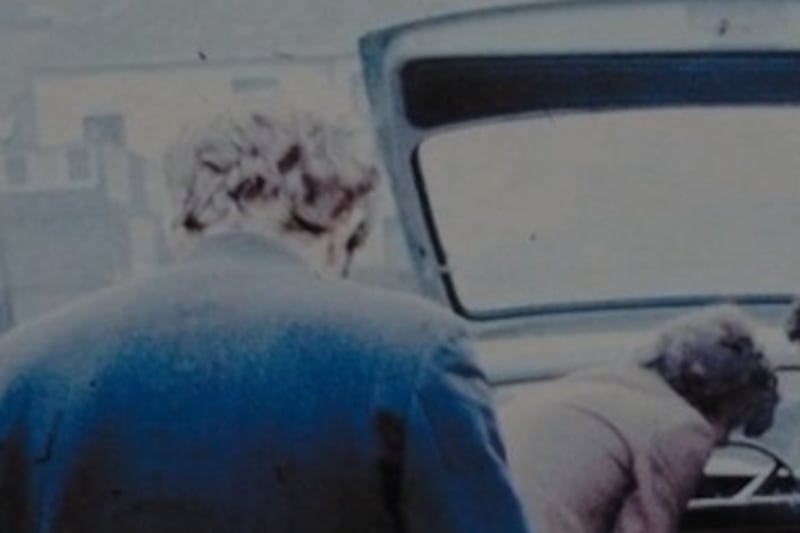MARTIN McGuinness is to stand down as deputy first minister and trigger a new assembly election.
It follows a row between Sinn Féin and the DUP over a green energy scheme that has landed the taxpayer with an estimated bill of £490 million over the next 20 years.
Mr McGuinness made repeated calls for First Minister Arlene Foster to stand aside while an independent probe is held into a scheme initiated under her watch. Now he has forced her from the joint office.
:: What happens now?
The first minister and deputy first minister have ceased to hold office but may still exercise their functions for a week. If Sinn Féin fail to nominate a replacement for Mr McGuinness within seven days new elections will be called by Secretary of State James Brokenshire.
Some sort of talks process is likely after Mr Brokenshire said the Stormont parties should work together to find a way forward.
:: Why did Mr McGuinness resign?
He had warned of "grave consequences" if Mrs Foster did not temporarily step aside to allow a fully independent inquiry into the Renewable Heat Incentive (RHI) scheme.
The RHI is a government-subsidy scheme established in 2012 by then economy minister Mrs Foster to encourage businesses to switch from burning fossil fuels to greener sources like wood pellets.
:: Why did it run into difficulties?
It was supposed to pay a proportion of fuel costs, but tariffs were set too high, meaning that for every £1 participants spent on fuel, they received £1.60 in subsidy payments. This created a 'burn to earn' incentive – with applicants able to access free heat and make a sizeable profit while doing so. Claims of widespread abuse include a farmer allegedly set to pocket around £1 million in the next 20 years for heating an empty shed.
Cost controls to prevent such an overspend were incorporated into a similar RHI scheme in Britain, but were absent in Northern Ireland.
The total cost is projected to be more than £1 billion over the next 20 years. While the Treasury will pick up the bill for most of it, an expected overspend of around £490 million will not be covered and will come out of the block grant for public services in the north.
:: What happened when efforts to control costs were announced?
A move to introduce a tiered payment scheme in 2015 was met by a flurry of applicants trying to get on to the old system before the date set for the changes. Almost 1,000 applied in three months – around the same number from over the previous three years. The deluge of new applications is a key factor in the massive overspend, and opposition politicians have demanded answers around the spike. When the cost controls were introduced the scheme limped on for a further three months but, after the Treasury made clear it would not pick up the overspend bill, it was closed for good in February.
:: What was Mrs Foster's role in the RHI?
As economy minister, she was in charge of the department that developed the RHI from its inception in 2012 to 2015. Much of the scrutiny on Mrs Foster has focused on how she responded to concerns raised by a whistleblower during that time.
There was a flurry of claims about whether the individual raised concerns directly to Mrs Foster, or if she only outlined them after the DUP stalwart passed her on to meet officials.
The DUP published an email sent from the whistleblower to Mrs Foster that made no mention of her RHI concerns – the party cited it to demand an apology from those who said she should have done more.
However, another email has since emerged, sent directly to Mrs Foster in 2013, that raised specific concerns about the scheme.
:: Why has Mrs Foster's successor in the department been making headlines?
After she left the economy portfolio, DUP MLA Jonathan Bell took on oversight of the scheme and ultimately closed it. He broke party ranks to level a series of allegations against Mrs Foster and party advisers in an explosive TV interview.
He claimed he tried to pull the shutters down sooner but was dissuaded by Mrs Foster and other DUP advisers. Mrs Foster disputed his account and said she acted to close it sooner.
She has accused her opponents of misogyny and said the party was working on steps to recoup the money.
